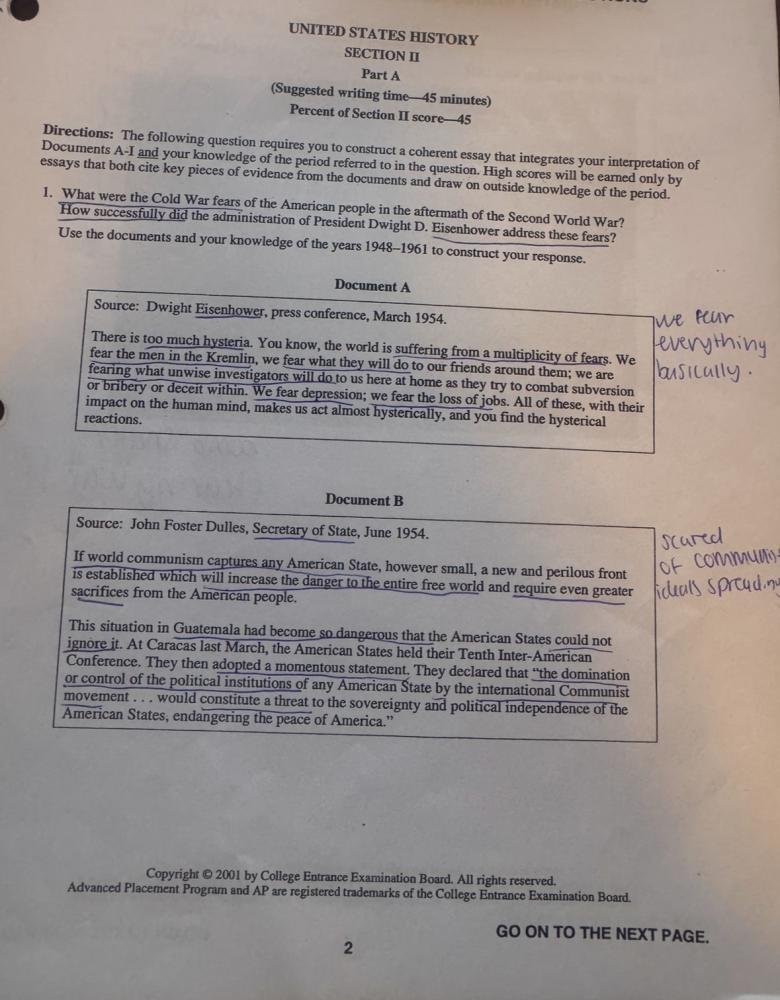
Gabby Miller | Writer
May 13, 2025
Dating all the way back to spring of 1956, College Board has offered AP exams and corresponding courses for high school students. These classes are college-level and meant to challenge students while granting them the opportunity to receive college credit. College Board provides a wide range of courses like AP Chinese, AP Theory of Music, and AP Art History. With each of these courses comes one lengthy exam, usually around two and a half hours, covering the whole curriculum to assess how well the students know the material.
Traditionally, these exams have always been provided on paper. However, with our greatly expanding techno-world, for the first time ever, all courses are being held online through College Board’s new digital application, Bluebook. With this change comes many differing opinions. Junior Kai Wells expressed her feeling of it being “just another thing that has been overtaken by technology, and not necessarily in a good way.” Wells makes a good point as there are many aspects in life, especially in school, that have become completely virtual. With all of this new technology, studies have shown an overall decline in growth.

For Wells and many others, students “feel that [they are] better able to articulate and organize [their] thoughts on paper, physically annotating their documents as opposed to digitally. [They] feel [they] don’t comprehend the materials as easily, as [they are] so used to paper exams.” This switch seems unnecessary and after this year, College Board will be able to prove if the switch to online exams was the right choice.
Though Wells makes an excellent point, many students thrive online as they are able to work more efficiently and quicker. Junior Sydney Ingersoll explained how she has “mostly enjoyed having [her] AP tests online as it allows [her] to collect [her] thoughts before [she] starts writing and go back and edit [her] work.” Most students can type faster than they can write and it is a clear advantage in the time aspect of the test. Additionally, this technological aspect makes grading a lot easier as reviewers will no longer struggle to decipher sloppy handwriting.
Additionally, with the exams being digital, it makes it harder for students to cheat as they cannot glance at a darkly written bubble sheet, and College Board ensures Bluebook has high security and privacy to prevent any attempts at cheating. However, many lazy students live by the motto “if there’s a will, there’s a way.” On the very first AP test of the year, three students in Texas were caught using a very detailed tapping system during the AP European History exam. Throughout the first half of the multiple choice portion of the test, the three students used their tapping scheme to share answers amongst each other, separating the question number and the correct answer with pounds on their chests. The students even went as far as to cough if they did not know the answer. It wasn’t until halfway through the first section of the test, when the proctor went up to one of the students and confronted them about it, that the student then cracked and admitted to cheating. Students from this high school have come out to claim that these students used this system all throughout their unit tests too.
The shift to AP exams being held online definitely has some benefits, but does spark some controversy. It won’t be until July, where the results will show the outcome of this switch.

Leave a Reply